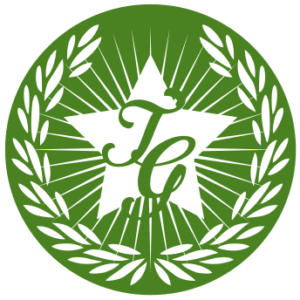This might sound like a not-so-humble brag, so bear with me, but one of the compliments I often get when I reveal my age to someone who can see my physique (for instance, when I am in bikini at the spa), is that I ‘look incredible’. One the one hand, I absolutely love this flattery (mainly because I am otherwise starved for it) and am therefore quick to reveal my age. On the other hand, it infuriates me because of the difference between the conversation I want the question/answer to lead to vs. where it inevitably goes. Like any evangelist, I want to talk about my twin gods of diet and lifestyle, but instead the next question I inevitably get is: ‘do your parents look amazing too?’ What people want me to say is ‘yes’, so that they can write my physique off to ‘good genetics’ and theirs off to ‘bad’. That
Lived experience and academic knowledge are not the same thing; in fact, you could comfortably posit them as diametrically opposed. This is not to say that lived experience does not belong in the academy, but simply to make a distinction between the two forms of knowledge. I do not see them as competing, and in the best of worlds, I think they are mutually supportive, but they are not the same thing. This may seem obvious to some, but there has been a rising trend for some time now to uncritically incorporate lived experience into the academy in ways I think are problematic. I do not want to create a hierarchy here and in fact, I think it is the tacit or unconscious acceptance of a hierarchy which has created the problem in the first place. So, when I make the distinctions I am making, think of them as domains separated
